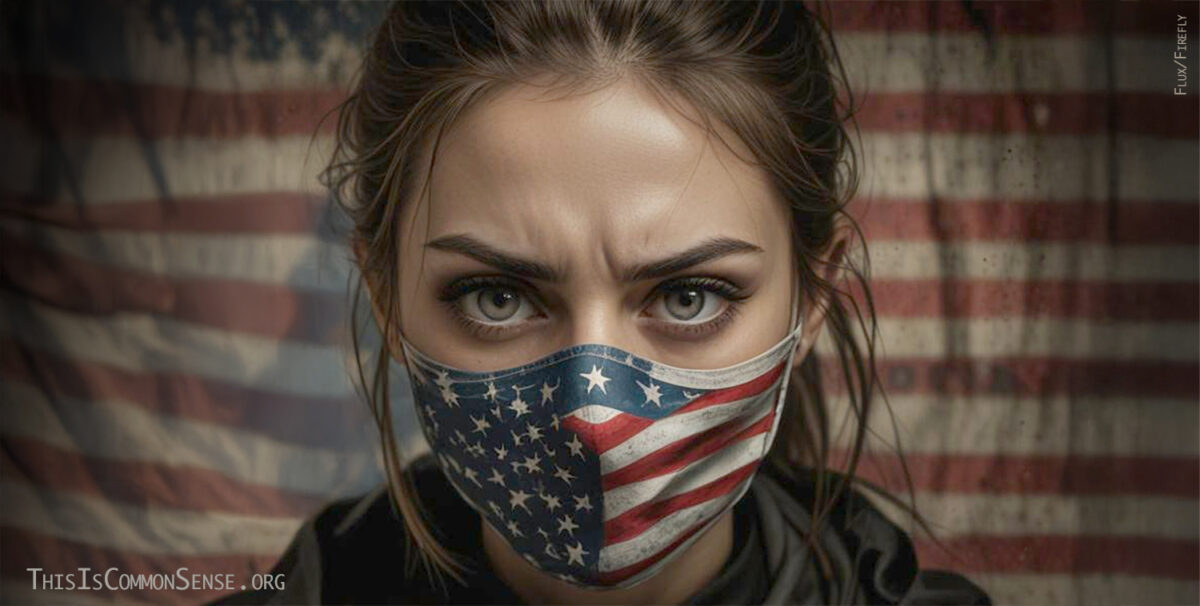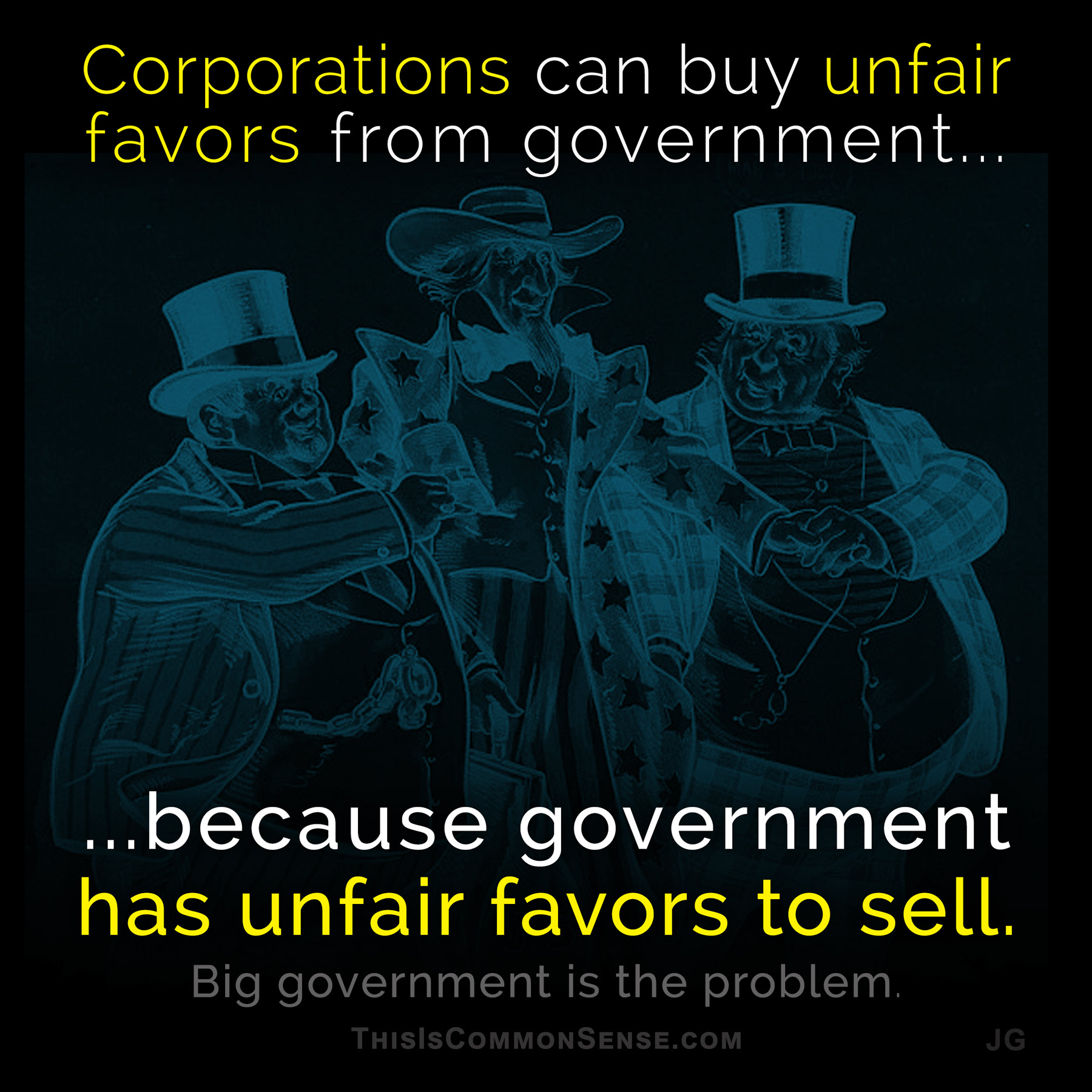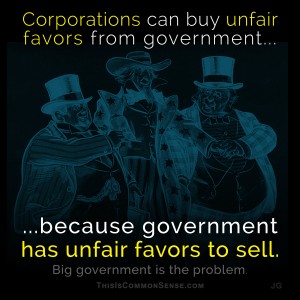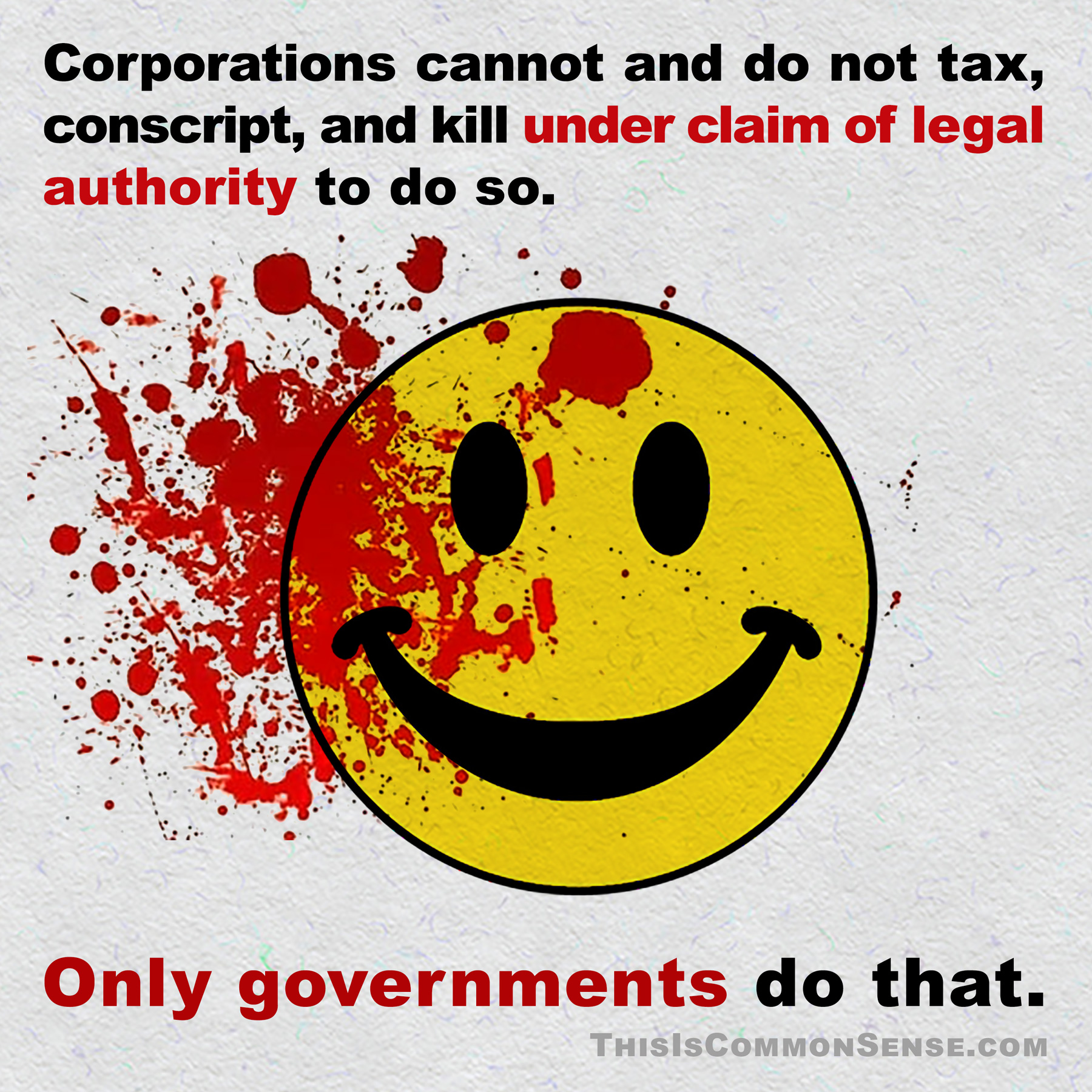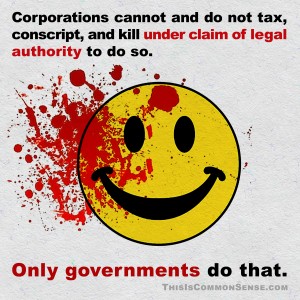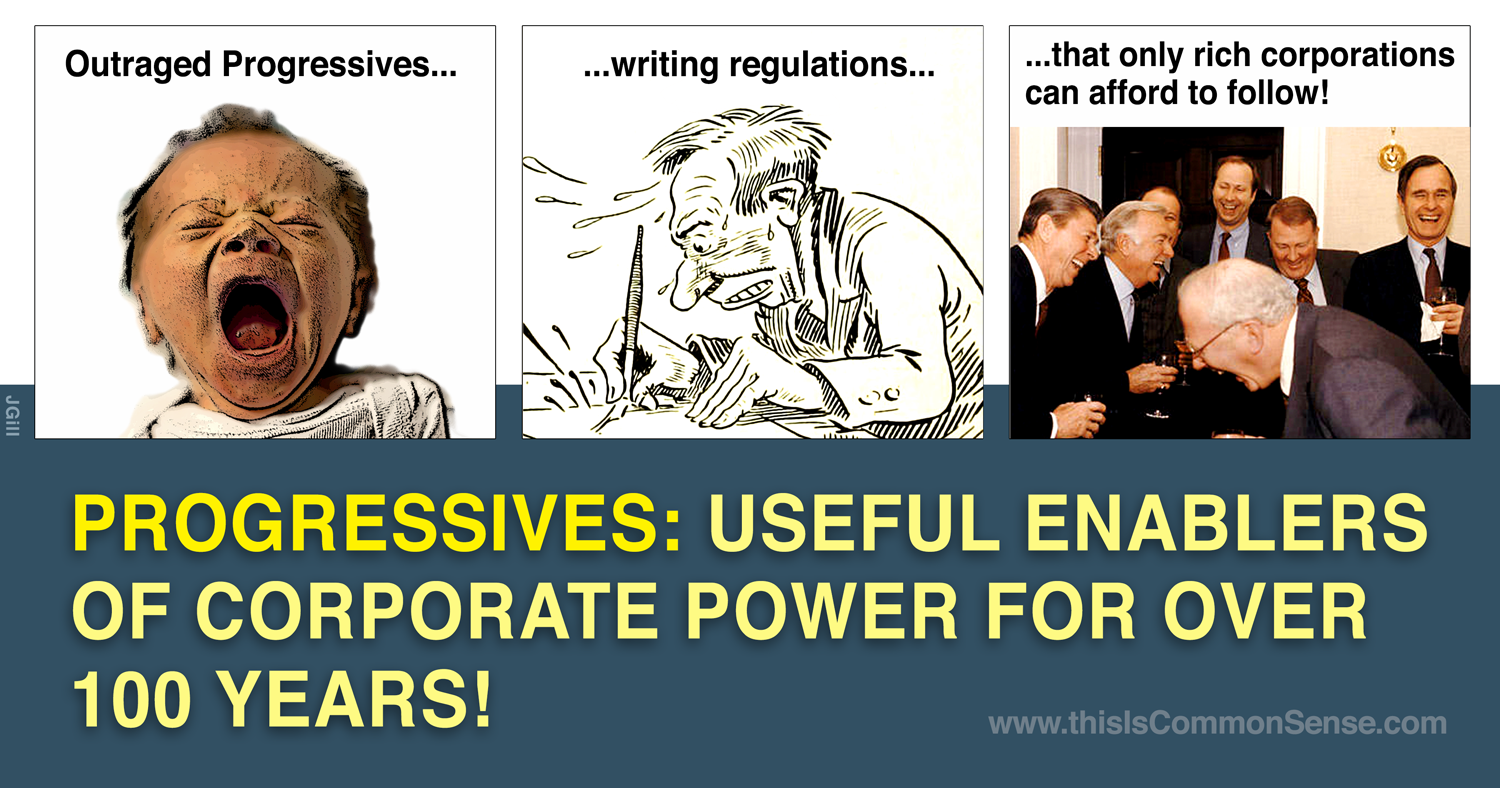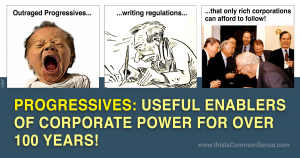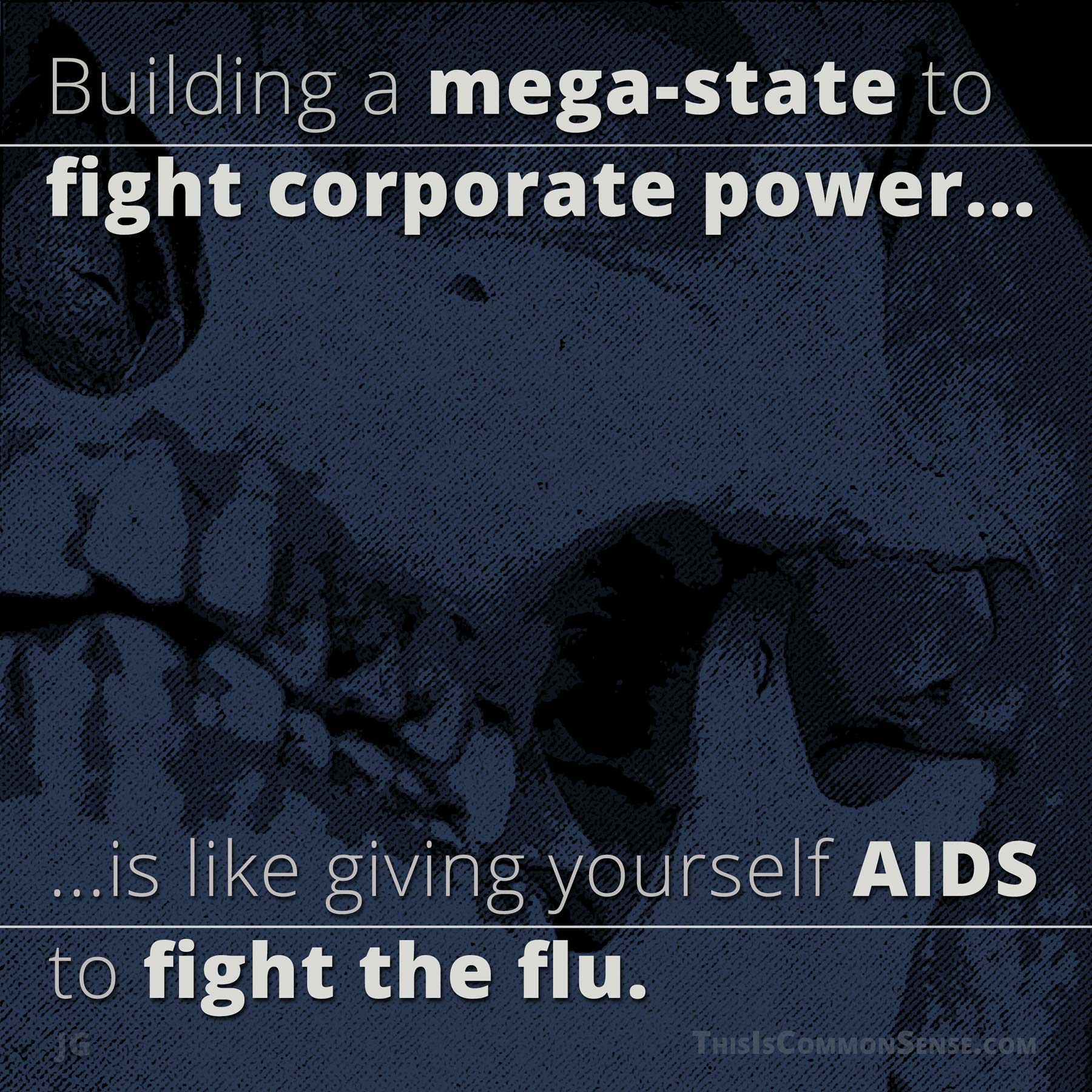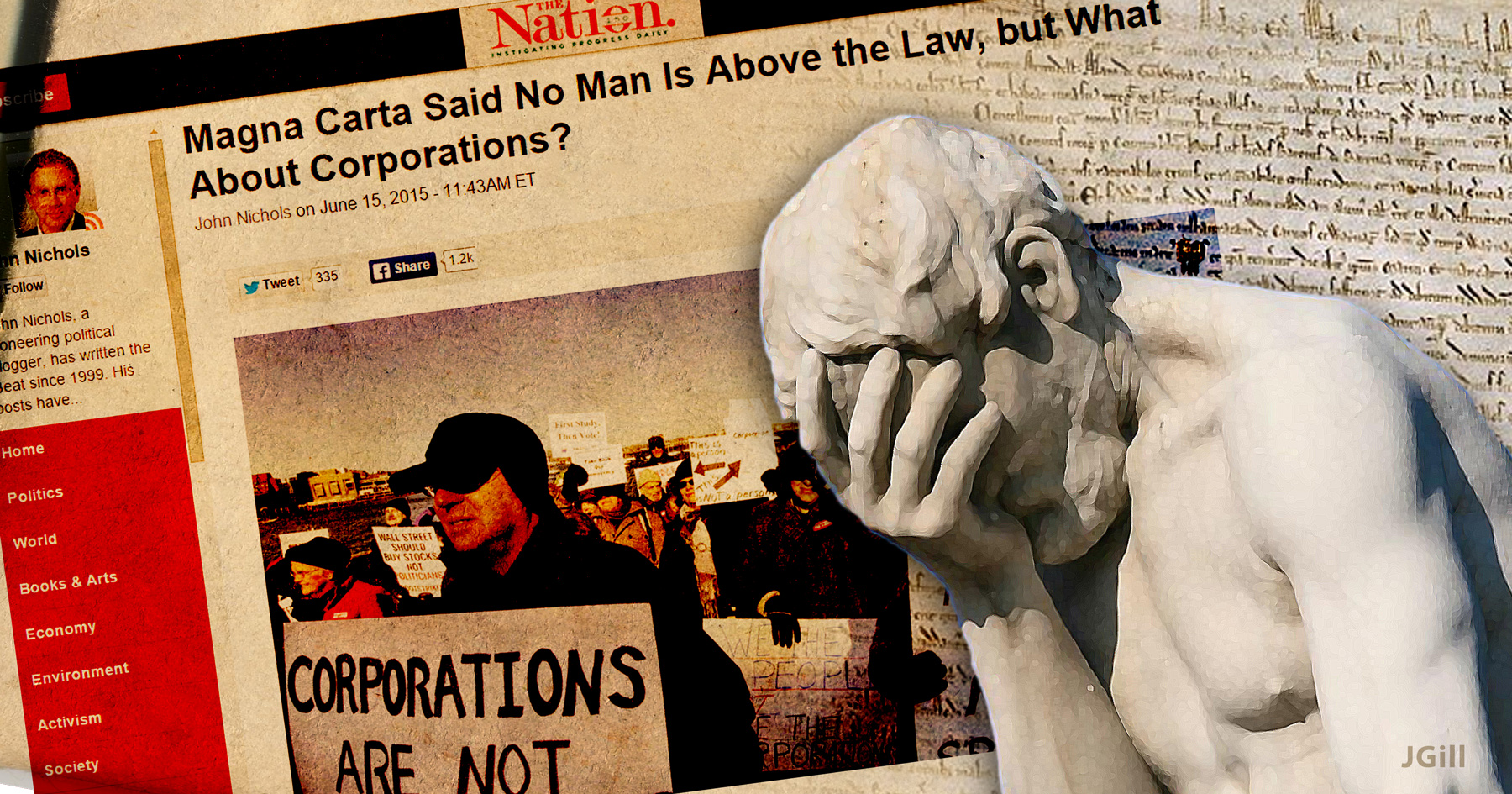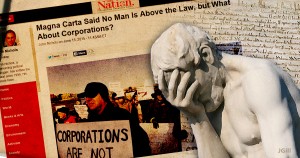Early on, we carefully phrased our objections to the suppressions of dissident opinion on Facebook and Twitter and YouTube.
We knew (because we had been making the distinction for years) that when companies and private parties engaged in discrimination on the basis of opinion, including “de-platforming” of opinion-mongers, these weren’t, at least on the face of it, First Amendment violations. The First Amendment’s guarantees of free speech apply to the federal government and, by the stretch of the 14th Amendment, to state and local governments.
These were corporations.
Sure, corporations thriving under government liability rules, and with sometimes-cushy contracts with government.
And social media companies’ actions were clearly partisan, obviously opposing Donald Trump. The dreaded Orange Man had used social media to get elected in 2016, running rings around the gatekeepers of Accepted Opinion; the ultra-partisan censorship a reaction.
Only with the release of the Twitter Files, after Elon Musk bought Twitter, did we get the crucial facts in the case: Agents of the U.S. government (many of them eerily in the Deep State nexus) pushed the censorship.
Now, with Mark Zuckerberg’s very recent and very public pulling back from the excesses of DEI as well as government-coerced content moderation, we’ve learned more of the manner of the duress in which his companies caved to censorship demands. Government agents called up Facebook managers and content moderators and screamed at them to suppress certain stories and “memes.”
The sharing of visual memes really, really bugged the Deep State, which was hell bent on delivering to everybody a jab in the muscle with gene therapeutics allegedly to “vaccinate” us against a disease that … well, their buddies in the Deep State helped China, it just so happened, create.
Worldwide, millions died in a pandemic whose origin was actively covered up through violations of the First Amendment in America.
Defend free speech to defend life itself.
This is Common Sense. I’m Paul Jacob.
Illustration created with Flux and Firefly
See all recent commentary
(simplified and organized)
See recent popular posts
